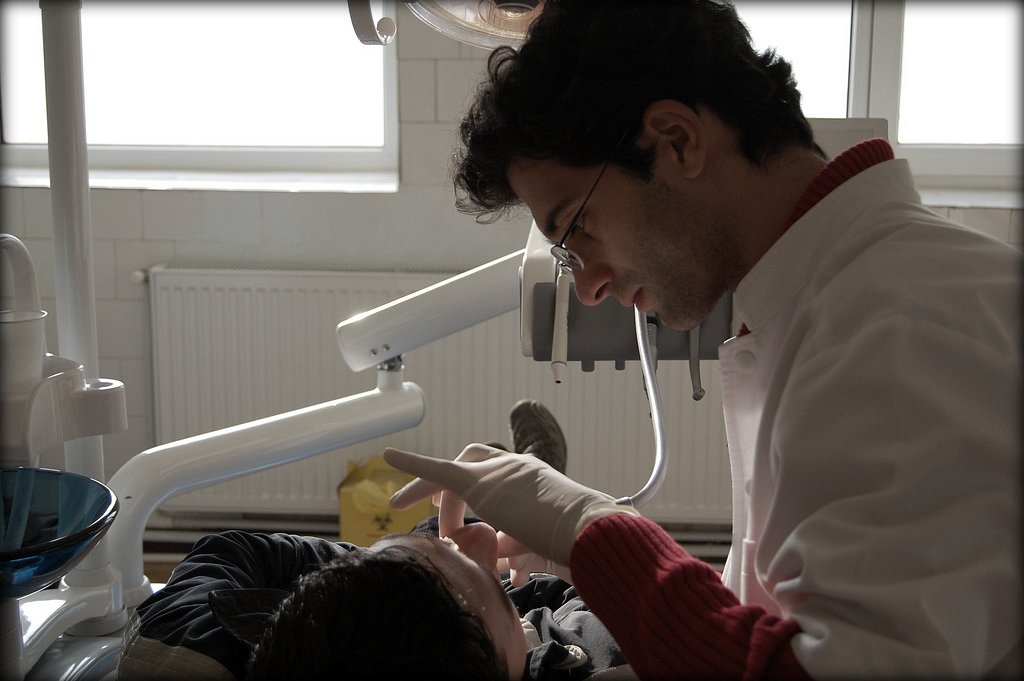Myocardial infarction or commonly known as a heart attack is a cardiovascular event that affects upwards of 700,000 people in the United States alone every year. According to the statistics published by the American Heart Association, someone has a heart attack nearly every 35 seconds in the U.S.
A heart attack occurs due to an obstruction of blood flow to the heart, which partly destroys the heart muscle–irreparably in some cases. Myocardial infarction also has high mortality rates, which is why it is critical to seek medical assistance if you or someone you know begins exhibiting signs of a heart attack.
Symptoms of Myocardial Infarction
Even though myocardial infarction symptoms and their severity vary person to person, a number of the most common symptoms include chest pain, pressure or tightness in the chest, breathing difficulties, cold sweats, lightheadedness, nausea, indigestion, and lethargy.
Some individuals may exhibit some of these symptoms a week prior to having a cardiac arrest or these symptoms may simply appear abruptly. The more symptoms you exhibit, the more likely that you are, in fact, undergoing myocardial infarction. It is necessary to take action promptly if you recognize you are feeling any of these symptoms. The issue is that many people take too long to get urgent care as they often disregard these initial signs.
If you are someone who is at a higher risk of having a cardiovascular event, you may already have access to nitroglycerin, which you must take while awaiting the emergency care team to get to the scene. If you are able to take aspirin, taking aspirin can also have a positive effect due to the drug’s anticoagulant properties, which can also reduce the danger of permanent damage to your heart.
Risk Factors
A multitude of risk factors are correlated with a heightened risk of myocardial infarction.
Age. Males who are 45+ and females who are 55+ are at an increased risk of myocardial infarction.
Smoking. Long-term cigarette-smoking or simply being a second-hand smoker may add to a higher risk of myocardial infarction.
Medical History. Those with a family history of heart illness and myocardial infarction are more likely to undergo a heart attack.
High Cholesterol. High LDL cholesterol raises the risk of heart conditions and myocardial infarction as well due to its detrimental effect on the blood vessels.
Being Overweight. Being over your ideal weight range or obese puts you at a higher risk of getting diabetes, high blood pressure, and high LDL cholesterol; all of these conditions are closely associated with cardiovascular disease and myocardial infarction.
Diabetes. Diabetes and blood sugar levels (glucose) are closely correlated, and high blood sugar levels can also contribute to myocardial infarction.
Hypertension. High blood pressure, which is often brought on by smoking, weight issues, diabetes, and high cholesterol, increases one’s risk of having a heart attack as well.
Inactivity. Not getting enough regular exercise or at all has harmful effects on one’s overall health in general, so it can also be very detrimental to one’s heart health.
Stress. Not managing too much stress is another enemy of a healthy heart and impairs the heart, leading to an increased risk of cardiovascular disease and myocardial infarction.
Treatment Options for Myocardial Infarction
The chief purpose in the event of myocardial infarction is to restore the blood supply to the heart as promptly as possible to circumvent the damage to the heart tissue. The medical team in the ER may provide you with some medications such as thrombolytics, anticoagulants, nitroglycerin, or ACE inhibitors. Many of these medicines serve as a way to recover the blood flow to the heart and release the pressure.
There are also some surgical procedures that serve more as long-term myocardial infarction treatments such as angioplasty or an artery bypass. When you undergo myocardial infarction, you should anticipate a long-winded hospital stay until your care team can make sure that you have had enough time to recuperate and become stable.
Featured Image: depositphotos/belchonock




